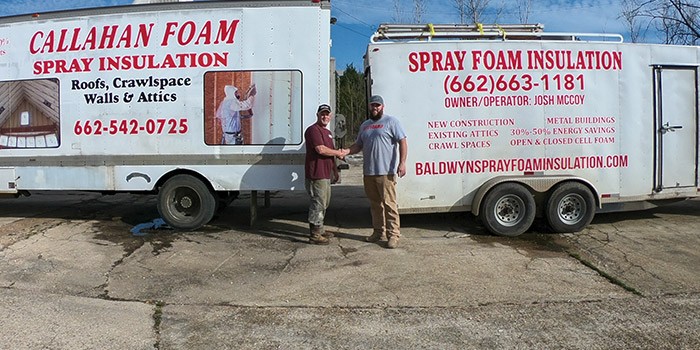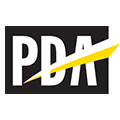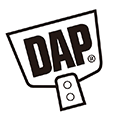OSHA Issues Recommended Practices to Promote Workplace Anti-Retaliation Programs

WASHINGTON, D.C. – January 25, 2017 – The Occupational Safety and Health Administration issued Recommended Practices for Anti-Retaliation Programs to help employers create workplaces in which workers feel comfortable voicing their concerns without fear of retaliation. The recommendations are intended to apply to all public and private sector employers covered by the 22 whistleblower protection laws that OSHA enforces.
The recommendations are adaptable to most workplaces, and employers may adjust them for such variables as number of employees, the makeup of the workforce, and the type of work performed. The concepts can be used to create a new program or enhance an existing one.
RELATED New Home Sales Up 5.2 Percent, Honeywell Announces New Winners for Promotion that Highlights Use of Environmentally Preferable Products , Construction Spending Increases in November; Outlook for 2017 Appears Favorable Overall, OSHA Issues Final Rule On Maintaining Accurate Records of Work-related Injuries and Illnesses
The document outlines five key elements of an effective anti-retaliation program:
- Management leadership, commitment, and accountability
- System for listening to and resolving employees' safety and compliance concerns
- System for receiving and responding to reports of retaliation
- Anti-retaliation training for employees and managers
- Program oversight
"These recommended practices will provide companies with the tools to create a robust anti-retaliation program," said Jordan Barab, acting assistant secretary of labor for occupational safety and health. "In the long run, it's good for workers and good for business."
An initial draft of the Recommended Practices was posted for review and comment in the fall of 2016. The final document incorporates many of these comments, as described here.
These recommendations are advisory only and do not interpret or create any legal obligations, or alter existing obligations created by OSHA standards or regulations.
OSHA enforces the whistleblower provisions of Section 11(c) of the OSH Act, and 21 other statutes protecting employees who report violations of various securities laws, trucking, airline, nuclear power, pipeline, environmental, rail, maritime, health care, workplace safety and health regulations, and consumer product safety laws. For more information, visit www.whistleblowers.gov.
Under the Occupational Safety and Health Act of 1970, employers are responsible for providing safe and healthful workplaces for their employees. OSHA's role is to ensure these conditions for America's working men and women by setting and enforcing standards, and providing training, education and assistance. For more information, visit www.osha.gov.
# # #
U.S. Department of Labor news materials are accessible at http://www.dol.gov. The department's Reasonable Accommodation Resource Center converts departmental information and documents into alternative formats, which include Braille and large print. For alternative format requests, please contact the department at (202) 693-7828 (voice) or (800) 877-8339 (federal relay).
Contact Details
Name: U.S. Department of Labor Occupational Safety and Health Administration Offi
Email: Email Us
Phone No: 202-693-1999
Disqus website name not provided.









































